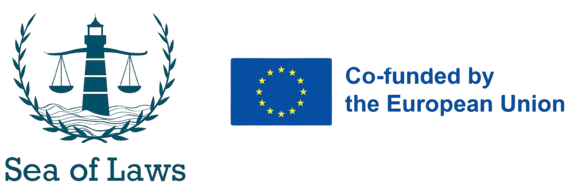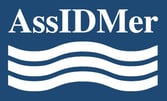Key Thematic Areas
The project will provide a comprehensive understanding of international marine disputes through a multidimensional lens of analysis that will cover several topics, including the ones below.
Maritime Waste Disposal


Protection of Maritime Cultural Heritage
Sustainable Fishery Management
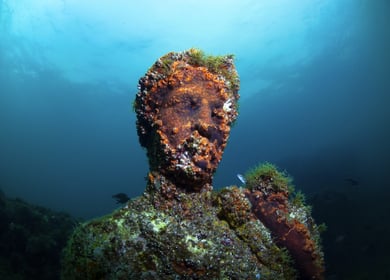

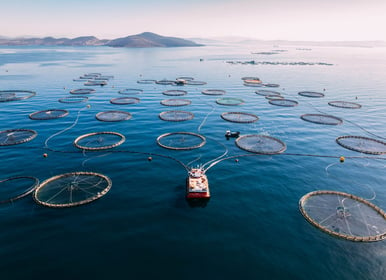

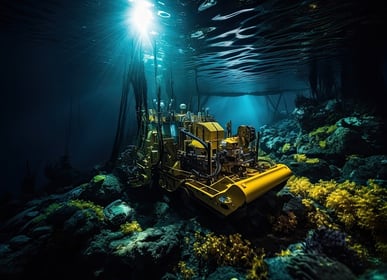

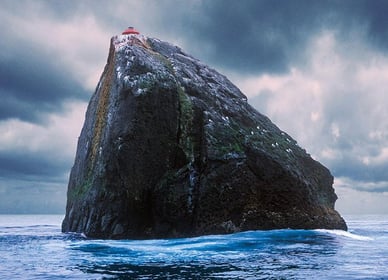

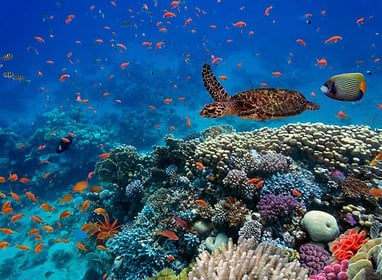

Protection of Maritime Biodiversity
Territorial Water Disputes
Deep Sea Mining
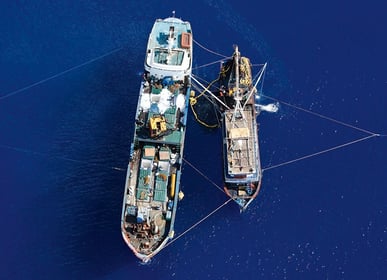

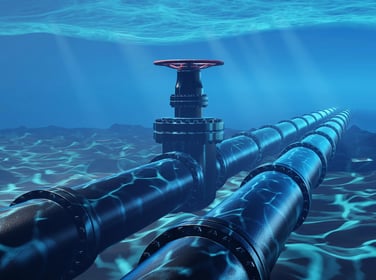

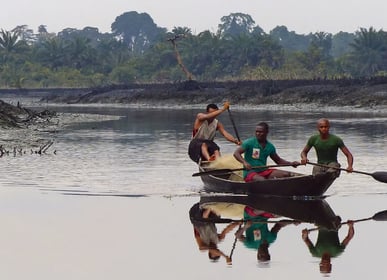

International Fishing Disputes
Underwater Energy Production
Impact on Coastal Communities
Detailed Training Program
Introduction to the Cross-cutting Relevance of EU Maritime Policy (4 hours):
- Overview of the maritime policy's economic significance, aligning with the EU's Blue Growth strategy and the 2030 Agenda.
- Discussion on environmental imperatives, relating to the EU's Green Deal, Horizon Europe Missions 1 and 3, and the Marine Strategy Framework Directive.
- Examination of social implications, focusing on coastal communities and the EU's promotion of European values globally.
- Analysis of the EU's role in global marine governance, international law, conservation efforts, and diplomatic engagements.
Identification and Categorization of Stakeholders (2 hours):
- Identification of stakeholders in marine resource management, including governmental bodies, NGOs, industry players, the scientific community, and local communities.
International Law of the Sea Fundamentals (18 hours):
- Study of key international maritime laws and regulations, such as UNCLOS, customary law, EU's Marine Strategy Framework Directive, IMO regulations including MARPOL, ISA's Mining Code, Ramsar Convention, and OSPAR Convention.
Focus Areas and Types of Underwater Exploitation (8 hours):
- Deep-Sea Mining and International Regulations (2 hours): Exploration of deep-sea mining, its implications, and the role of the International Seabed Authority.
- Protection and Management of Underwater Cultural Heritage (2 hours): Study of legal aspects concerning underwater cultural heritage, focusing on the UNESCO 2001 Convention.
- Maritime Waste Disposal and Environmental Impact (1 hour): Discussion on legal frameworks governing marine pollution, including MARPOL.
- Sustainable Fisheries Management (3 hours): Overview of the EU's Common Fisheries Policy, international efforts against IUU fishing, and global treaties like the FAO's Code of Conduct.
Case Study Analysis (12 hours):
- Analysis of real-world cases such as the Cod Wars, Gibraltar territorial dispute, Aegean dispute, EastMed Poseidon Project, Rockall dispute, Mediterranean Bluefin Tuna dispute, and the MOSE Project in Venice.
Law of the Sea Dispute Resolution Simulations (10 hours):
- Simulation exercises where students role-play to resolve maritime disputes, fostering practical application of legal principles.
Capstone Project: Multidimensional Policy Analysis (8 hours):
- A comprehensive project where students select a topic related to marine resource exploitation, conduct in-depth research, and present policy recommendations considering legal, political, economic, and social dimensions.


Module Holder - Prof. Giuseppe Cataldi
Giuseppe Cataldi is a Full Professor of International Law at the University of Naples "L'Orientale," where he has been serving since 2000.
Since 2020, he has held the position of Director of the Department of Human and Social Sciences and previously served as Pro-Rector from 2008 to 2014.
Professor Cataldi's academic journey includes international roles as a Visiting
Professor at the University of Córdoba, Spain, and at Paris 1 Panthéon-Sorbonne University. He has also lectured at the private telematic universities TEL.MA in Rome and PEGASO in Naples.
In addition to his academic roles, he serves as President of the International Association for the Law of the Sea (AssIDMer) and co-directs both the journal "Diritti umani e diritto internazionale" and the "Italian Yearbook of International Law."
He is a member of the Italian Society of International Law, where he served as Vice President from 2012 to 2013, the French Society of International Law and he is member of the directive board of PRO RIGHTS, an NGO focused on human rights capacity building.
Professor Cataldi has been instrumental in various European Union initiatives, including coordinating the Jean Monnet Network "MAPS" (Migration and Asylum Policy Systems) from 2018 to 2022. He previously held a Jean Monnet Chair on the protection of human rights in Europe and directed the Jean Monnet Centre of Excellence focusing on the rights of migrants in the Mediterranean.
His extensive publication record includes over 130 works in international and European Union law, reflecting his profound expertise and commitment to these fields.
